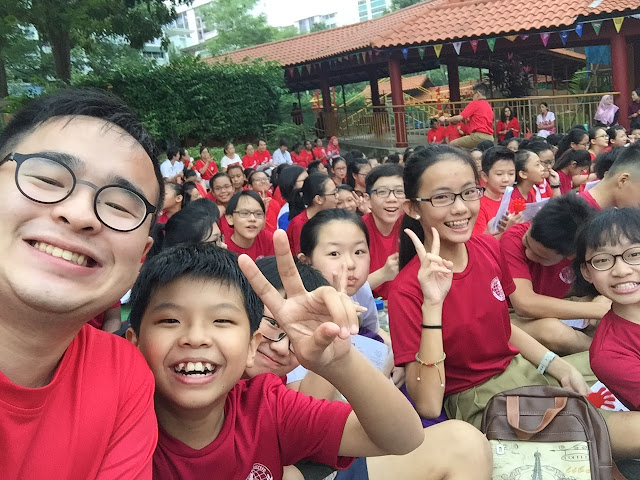A grim warning for PAP on Raeesah Khan episode
By Sean Lim
Unless you are living under a rock, you would have heard about the kerfuffle involving Workers' Party (WP) Sengkang candidate Raeesah Khan for her social media posts. The posts were deemed racially inappropriate and the police are investigating the case.
Much has been said on the content of her posts. Some agreed that the things she said were inappropriate and pushed the racial divide while others said she was highlighting a legitimate issue, although they might come across as sensitive because it involves race.
But what’s equally important is the fallout. If the online crowd is of any indication, it appears many are supportive of Ms Khan and felt that the police report against her was gutter politics. There is a hashtag circulating around, #IStandWithRaeesah.
Rightfully or not, public opinion online against the People’s Action Party (PAP) has ballooned, especially when the whistleblower who allegedly lodged the police report is a staunch PAP supporter and flaunted what he did online.
I expected the PAP to distance itself away from the supporter due to his distasteful tone and come out with a non-committal statement such as: “The case is now under police investigation and we decline to comment further. Meanwhile, let us get back to bread-and-butter issues of the campaign such as jobs and livelihoods”.
Instead, the party produced a media statement on Monday (July 6) questioning her suitability to be a candidate and asked for her social media posts to be made public in the name of transparency.
The PAP might have been right to say that her posts were derogatory and questioned her suitability. But doing the right thing at the right time is important too. I thought it might have been more politically astute if the party reserved its comments, given the backlash against them is rather strong online even before they weighed in. This is because the whistleblower is allegedly a staunch PAP supporter.
But with the media statement, which many online have criticised as tone-deaf, people have opened a can of worms. Some insinuated that sinners should not throw stones since the PAP also faced the same issue when it initially fielded Ivan Lim for the election, who also faced online allegations about his past conduct and behaviour.
Maybe the PAP thought that it could score political points by making such comments. Unfortunately, it is unable to control the narrative framed online. Rightfully or so, many have said that the party is a big bully and trying ways to make its opponents look bad. The party might be right in the things they said and did, but things are beyond its control if people decide to portray it negatively.
And history has shown that portrayal has a profound impact on outcomes, even with right intentions. Older Singaporeans might remember the unfortunate episode of former Cabinet minister and Bukit Gombak MP Seet Ai Mee. During the hustings of GE 1988, she shook hands with a pork seller and washed her hands afterwards.
Dr Seet might have good intentions — the PAP MP clarified years later that she had pork grease on her hands and was worried she might shake the hands of Muslim residents afterwards — but her action was interpreted as "elitist" and became political fodder for the Opposition in GE 1991, partially resulting in her defeat at that election to Singapore Democratic Party’s Ling How Doong by 2.8 per cent.
To the detriment of PAP, the way WP handled the situation was lauded online. Many were impressed by how the leaders stood behind Ms Khan when she gave her unscheduled doorstop with the press, as seen by the presence of WP chief Pritam Singh and chairman Sylvia Lim.
Netizens also praised Ms Khan for being quick to apologise, compared to PAP’s Ivan Lim who stood his ground on the allegations and did not apologise — never mind that the jury is still out on his past conduct and behaviour. In politics, an apology may not always mean you are wrong and neither a sign of weakness, but it can certainly quell whatever fire that is threatening one’s political capital.
If I was part of the PAP, I should be worried by this shift of online public opinion against the party on this episode. It does not help that Ms Khan is also contesting in Sengkang GRC, a constituency which is said to have a relatively young demographic. According to official data, more than 60 per cent of residents there are aged below 45, and more than one in 20 is younger than five — both above the national rates.
Will younger voters there cast votes in favour of WP due to what happened? Worse, will this have a spillover effect in other constituencies where young voters cast a protest vote against the PAP? The PAP might attempt to influence voters’ priorities by framing this general election as one of jobs and livelihoods but cannot dictate them. Who are they to stop younger voters expressing dissatisfaction over such ideological issues via the ballot box? The party cannot assume that putting their opponent down will automatically win votes for itself.
Something to ponder on for cooling-off day tomorrow.
Pix from PRweek.com



Comments